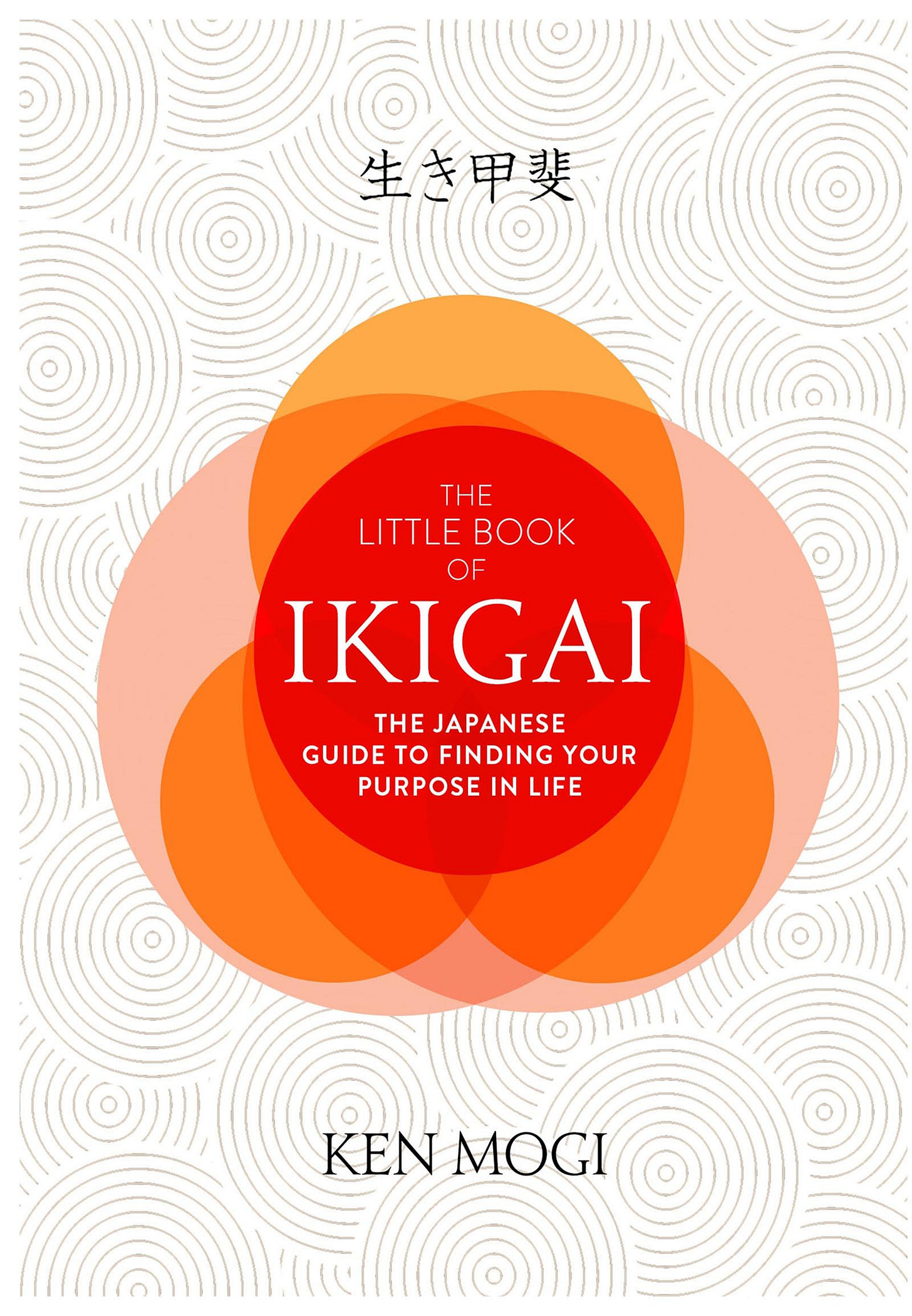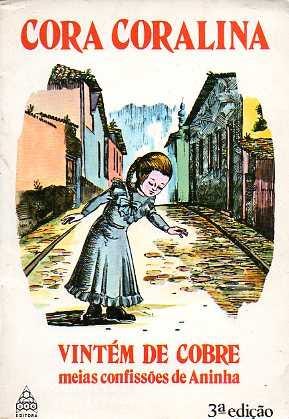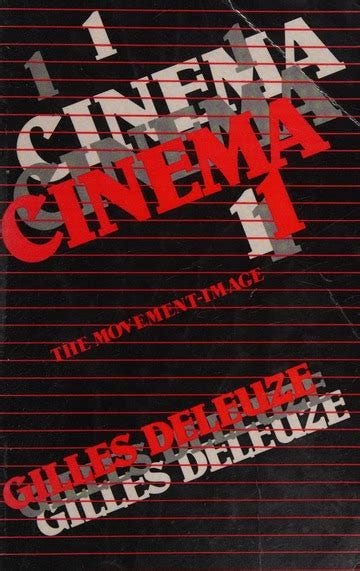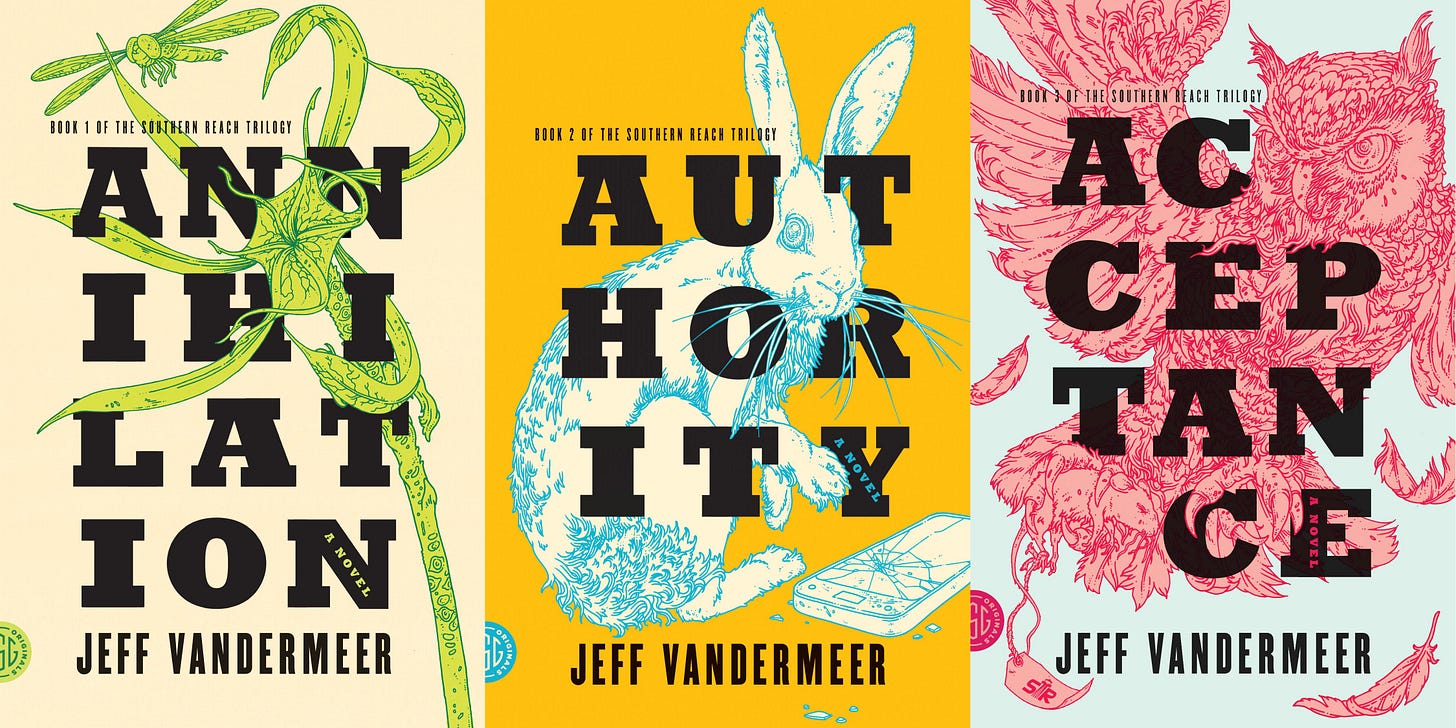I started writing this Study Log several times, only to give up over and over again, and to remember after a long time why I even wanted to create the logs to begin with.
This was supposed to be an open diary of learning, but over time, inside my head, the requirement of polishing and some kind of unhealthy perfectionism took over me and froze my mind and my words.
There is no way I can put everything that goes on inside an anxious person’s mind here. My head works faster than my fingers and faster than I can convey meaning.
In times like these I kindly remember Cortázar's words about a certain elitism that permeates the writing practice (and, to be honest, so many other creative disciplines):
(…) how is it possible to ignore or defy the taboos of knowledge to this extent, the don't-write-like-this that are our embarrassing professional mandates?1
For context, he refers to the Cuban writer José Lezama Lima and his novel Paradiso, which, despite the corniness and what I understood as the lack of academic formal structure (because Lezama was a self-taught writer in Cuba in the 1960s), is an incredible story that we, Latin Americans, unfortunately don’t appreciate as much as something coming from the established rules and mandates of European and North American Academia.
And I also remembered the time I read Foucault2, who taught me that the most effective form of surveillance is the one practiced by the individual about himself. Oof.
For my own sanity, I will try to keep this knowledge alive in my head. Geez, we’re too critical of ourselves and our peers. Let’s give ourselves a break sometimes, shall we?
Here a little peek of things that I’ve been practicing and some recommendations of what I’ve been reading:
Odie
I’m working on a little animated loop (around 10’’) in collaboration with ASWF’s USD Assets Working Group. The main character is a robot named Odie, which is the mascot for Open 3D Engine.
This is the first layout/animation. I had initially recorded a video reference which was about 30’’, and foolishly tried to put too many actions in 10 seconds. Well, that clearly didn’t work out, so I recorded a new reference and I’m working on a second version for this. Yes, and I’m finally getting to put USD on practice, which is exciting!
BTW, anyone can join the group & collaborate in this project, so if you want to contribute, join us in Slack.
Walk Cycle
Well, after some months away from animation, I was feeling really rusty, so my teacher suggested I practice walk cycles. So, here it is, this is the fourth version of it and the first time I actually do a full body walk cycle.
Ken Mogi - Ikigai
This little book surprised me. I’m a nerd for Japanese culture so it’s always fun to learn more about that - but this one comes with practical applications of Ikigai, which, roughly speaking, a way of finding joy and purpose in the little things in life.
Cora Coralina - Vintém de Cobre
I’m not sure if this one has an English version, which is a shame. I recently started reading Cora Coralina’s poems because of a documentary I saw about her. She was born in 1889 and this book was published when she was around 80 years old. She had an impressive life - watch the doc if you manage to get English subtitles or if you understand Portuguese (and read the book!).
This book has poems about her childhood memories at a farm as told by her pseudonym, Aninha. It’s fascinating to read this and think about life in Brazil 100+ years ago.
Gilles Deleuze - The Moving Image
This one is hard to digest and a slow read, just like Henri Bergson. But he’s the one who creates a bridge between Bergson’s theories and Cinema. So it’s a lot of back and forth but worth it. For those interested about thinking how images relate to time and space, and how the birth of cinema created a new perception about moving pictures.
Jeff Vandermeer - Acceptance
Acceptance is the third book of the Southern Reach series. If you enjoy sci-fi or fiction in general, do yourself a favor and read these. You won’t regret it! The first one is called Annihilation, the second one (pretty slow but still good) is called Authority and there’s apparently a fourth one which launched in 2024. There were not many times I actually felt so immersed in the places described in books, but those are amazing. Highly recommend it.
Julio Cortázar, Around the Day in Eighty Worlds, (San Francisco: North Point Press, 1986), 90.
I’m referring to Michel Foucault’s book Discipline and Punish here.
Main post image: Sisyphus (1548–49) by Titian, Prado Museum, Madrid, Spain
All right, see you next time! Subscribe & leave comments and all that stuff. o/






